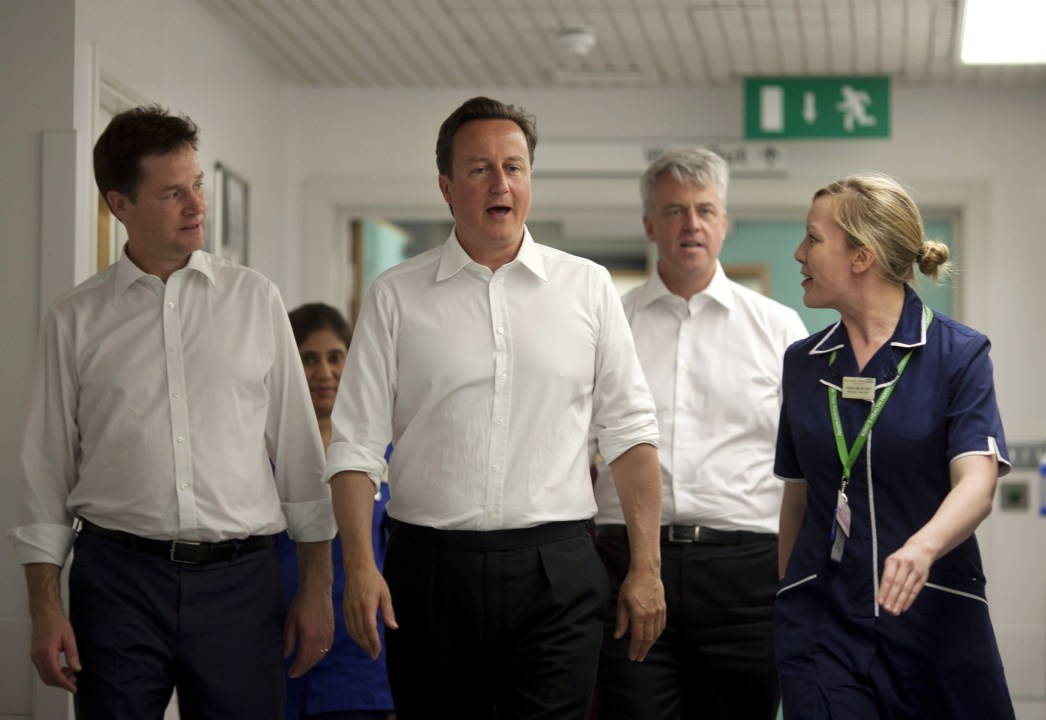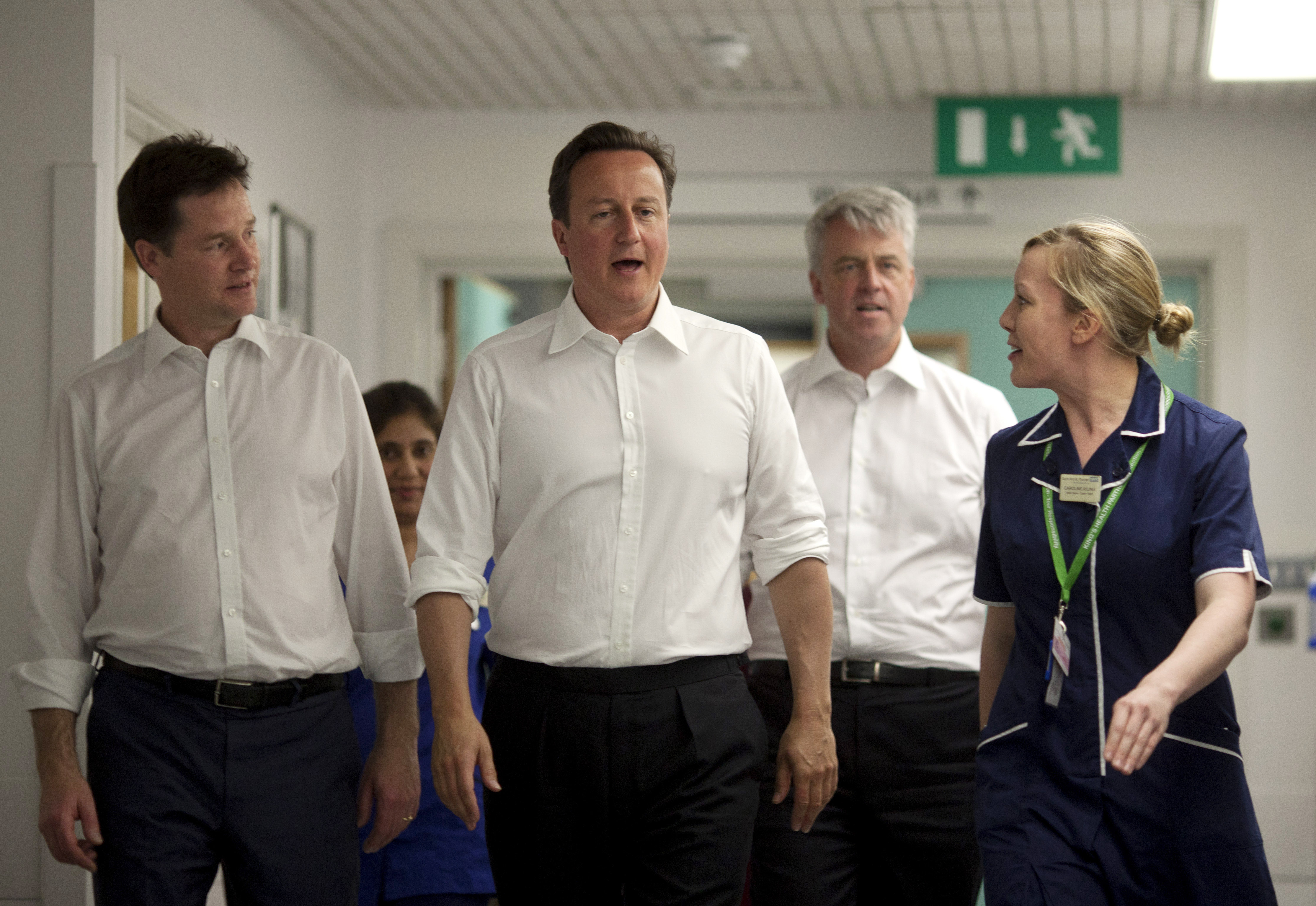If you want to know why the great Labour-NHS argument about healthcare is wrong, read today’s National Audit Office report on the provision of diabetes care in England. Diabetes is one of this country’s biggest health problems and it is getting worse. There are currently over three million people with diabetes here today, and, on some estimates, by 2020 there will be nearly four. In the last 15 years the number of people with the condition in England has more than doubled.
Yet according to the NAO, the treatment they receive from the NHS is little short of shocking. There are nine main standards for proper diabetes care, laid down by the Department of Health in 2001, and, say the NAO, there isn’t a single primary care trust in the country that comes close to meeting all of them. If you take the key standards whose achievement is necessary to minimise the risk of people with diabetes developing complications from their condition — complications that can lead to blindness, amputation or even death — less than one person in five is being treated properly.
Whose fault is this? Well, for a start, I doubt whether the diabetes ‘czar’, an innocuous diabetologist called Rowan Hillson, who was given the grand title of National Diabetes Director under Labour, will resign as a result of today’s report, or that anyone would much notice if she did. The NAO blames the Department of Health for failing to ‘performance manage’ the PCTs. The Government’s instinct, I suspect, will be to blame the PCTs themselves or, more accurately, to say that this is why they must be abolished and replaced by the new clinical commissioning groups.
In this, ministers may be half right, but it is not the whole story. The danger is that CCGs are evolving into PCTs by a different series of initials and that the majority of family doctors will continue to resist fully getting involved, or making them any more effective as a result. There is no reason, sadly, to believe that swapping bureaucracies will achieve anything so mundane as actually improving health outcomes.
It must have seemed so easy back in 2001. Tony Blair was still widely supposed to be able to heal the sick just by touching them, and any problems with the NHS were the fault of years of Tory underfunding, for which the solution had already arrived. Ministers had shown through their national service framework and its standards not just how important diabetes was to them, but how it was going to be sorted out. Funding was taking off on its rocket-like trajectory, so there couldn’t possibly be a problem. Could there.
Well yes actually, and it is written out for all to see in the NAO report. What more evidence do we need that Labour’s methods — a huge injection of ‘investment’ in pursuit of national targets — haven’t worked. The question is what will?
For this, the NAO may just have provided the answer. If doctors don’t achieve the standards, they say, don’t pay them. Of course, it isn’t put quite as bluntly as this, for the NAO’s recommendation is couched in terms of a system of incentives that already exists within the family doctor contract, linking the level of payment GP practices receive to the achievement of certain health care standards. This in turn speaks to an observation that many health ministers, from Enoch Powell onwards, have made, that, for all their bellicose declarations of altruistic motivation, what really floats the average doctor’s boat is money. Andrew Lansley, of course, got into no end of trouble during the passage of his health legislation for daring to raise the spectre of the profit motive in the NHS, and unfortunately he beat at least a half retreat in the face of the storm. Today’s report on diabetes shows just why he needs to return to the fray.
Richard Marsh is a former special adviser to two Conservative Secretaries of State for Health.







Comments